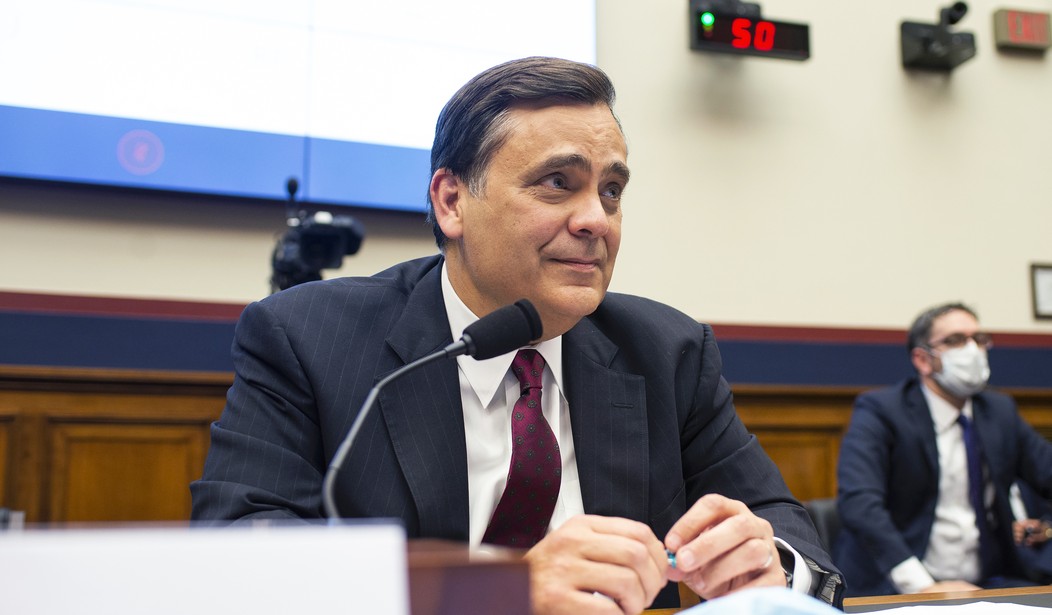Turley Explains How Even Though Trump Lost Immunity Appeal, He May Have Benefitted Anyway
As we reported earlier, the U.S. Court of Appeals for the District of Columbia Circuit ruled against former President Donald Trump in his appeal on presidential immunity from prosecution.
The three-judge panel affirmed the ruling of the District Court in the matter. The appeal delayed the start of the election interference case that had been set for March 4.
Now, it should be noted that even though the ruling went against Trump, just the filing of it bought him some time, as George Washington law professor Jonathan Turley explained.
“The most practical impact of this appeal was indeed the delay that it caused. It was very important for the Trump team to try to push this trial back. They succeeded in doing that, as you mentioned,” Turley said.
If you read the Court of Appeals order, the Trump team has been given very little time to file with the Supreme Court. That sparked a lot of discussion on social media about what the Court said in its order.
As Turley notes, Trump is only given until Monday, Feb. 12, in order to file with the Supreme Court to request a stay, or it goes back to the District Court to proceed.
He still has 90 days to appeal, but the Circuit Court is saying if Trump doesn't file by Monday, they will issue the mandate to return the case to the District Court for further proceedings.
Turley noted there were still things that could delay the clock.
Plus, in the District Court itself, you have a lot of pre-trial activity that still needs to occur before you'd even get to the trial, although Special Counsel Jack Smith seems to be doing everything he can to speed things up.
But as Turley notes, Smith's window is starting to close if he wants to get the case to trial and concluded before the election.
I assume that the Trump team will be filing, but they've been put up against it in terms of time, and some were calling out the short shrift that Trump had been given. Many raised a question of why he didn't seem to get the normally applied process.
We'll presumably hear fairly quickly what the Supreme Court thinks and get a sense of where they are going to go on this.





Post a Comment